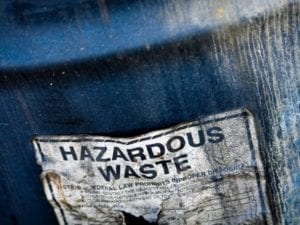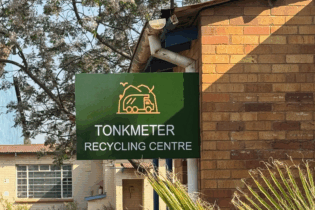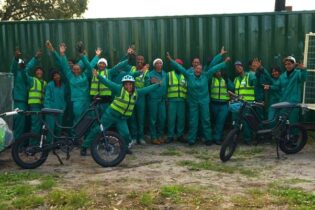With environmental protection topping the global agenda, the South African Government has been introducing new regulations that could have far reaching implications for local businesses.
Producers and handlers of hazardous waste face a period of adjustment and investment to ensure they are compliant, while the waste sector is having to re-think the waste chain in partnership with its clients. “One of the ways in which this thinking is reframing our attitude towards waste is the need to build an integrated waste cycle – commonly referred to as the ‘circular economy’,” says Johan van den Berg, Managing Director of Averda. He added that a successful circular economy designs, manufactures, uses and reuses products for as long as possible. And the ideal scenario is for only truly spent items to be discarded as waste. This endeavour is taking on greater urgency with the introduction of new prohibitions next month which prohibit the disposal of hydrocarbon-based materials at local landfill sites.This could have consequences for producers within the petrochemical industry, as significant investment will be needed to ensure that their liquid waste is correctly processed.
“The new regulations should be applauded for helping to improve how all waste, but particularly liquid hazardous waste is handled,” van den Berg says. “The more stringent measures will undoubtedly reduce the threat of waste seeping into the natural environment, but in the short term this will require investment to get facilities to the necessary standards.” There are, however, a number of positives to be taken from this new regulatory environment. For one, certain liquid waste can be converted, after processing, into speciality fuels that are of interest to other sectors – such as manufacturing plants that are looking for alternatives to replace the coal used within kilns.






